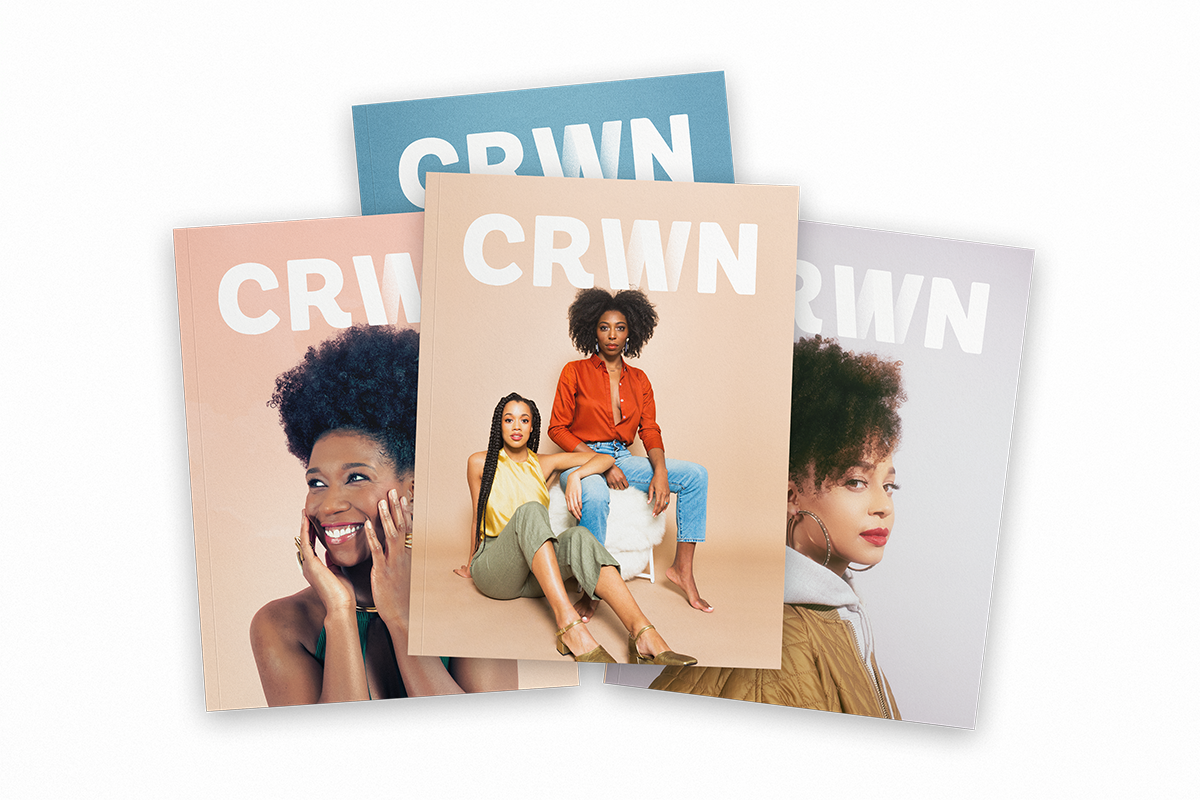Black Baller Shot Caller
Writer and social commentarian, Jillisblack, on whether it's possible to pursue money ethically in capitalist America.
Can you pay my bills? Can you pay my telephone bills? Can you pay my automo-bills? If you did then maybe we could chill. I don’t think you do. So, you and me are through. — ”Bills, Bills, Bills” by Destiny’s Child
Capitalism is racist. And sure, it’s a nice idea. But most “nice ideas” in a country that sustains itself on a carb-heavy diet of illusion, reaction and fear are just upcycled plastic promises of progress meant to disguise the truth until we’re distracted enough to give up our search for it. So, when I post a video to my Instagram account, self-righteously railing against the establishment and reminding us all — mostly myself — that the revolution we pretend to seek cannot include the very same mechanism that mechanized our ancestors for the very same capital we seek to pretend, I find it both disheartening and predictable that someone will comment:
Jill, I get what you’re saying. But it’s easier said than done. Because all of that is real, real nice. And also, we gotta have money, okay? This is real life. Love what you do, though, Sis. Keep it up.
This article is from the Money & Power Issue of our Journal
Money, power, respect and the most beautiful and honest representation of Black women in the history of print.
I’ll read the comment and the other fifty-two just like it and I’ll shake my head and sigh. I might laugh into my coffee a bit because I like to stay both very smug and very caffeinated. But the thing is, they’re right — and we both know it. This is real life. And trust me, I know that I’m a hopeless romantic about our revolution. I understand that I’m a hypocritical idealist when it comes to my commentary on all of this supposedly necessary compromise made within the coffin of corporate chaos. I get that my critiques won’t pay your bills. So far, they won’t pay mine either.
A cruel reality about an existence in capitalism is that the path to living out our greatest passion often merges with the road to riches — oh, and there’s bumper-to-bumper traffic so you better be aggressive if you want to make it to your destination on time. Maybe this explains the defensiveness you encounter when questioning someone about their rabid check-chasing. Sure, they’re defending our right to make money. After all, we like that shit. However, they’re (usually) also defending our right to see our dreams realized. We love that shit. So creating visual art can become about finding buyers, and writing words well can become about needing a book advance, and helping people “just because” can become about applying for 501(c)(3) status. Or rather, “Would you like to design your own compromise or would you like complacency to pick one out for you?” Your choice.
As Black people, we should know that our reality is beyond the wildest imaginings of science fiction. We live in multiple dimensions, balancing a rebellious sense of normalcy with an ancestral knowing of what bubbles just beneath the surface — and what looks us directly in our eyes as it shakes our hand. Our paranoia is an underreaction to what’s possible. Our conspiracy theories are lessons learned as children about who and how to be. So when we speak of schmoney moves and the pursuit of our coins and success in the form of utter materialism, there is never an instance when it is not done with a back turned to our other dimensions.
Forget about our liberation. Forget about the fact that capitalism relies on the prisons that we fill. Forget that our constant need for more temporary joy-inducing products (as a means of fighting off lingering self-hatred and shame) also means more and more sweatshops and more and more waste. Forget that capitalism means hierarchy, and hierarchy reinforces everything that we’re supposedly fighting against. Forget that inner peace is our greatest resource and that we are the only investment with a guaranteed return. Because I mean, we deserve our indulgence instead, right? We deserve to capitalize off of our own trauma, right? We deserve to hustle our identity for pocket change instead of actual change...right? Right?
Okay, okay. Sorry. This is the thing that I do, see? I try to ignore the fact that I buy expensive ass organic groceries and stream more media than I should and maintain an Amazon Prime account and that when no one books me to speak or pays me to write, I’m in a complete panic over paying my half of the rent. I ignore the fact that I string these words together on one of my two tablets. I just used the other one to online shop for macrame plant holders and postcard frames while on a writing break.
Look, I really do get it. Money is the energy we’re bargaining with right now. It seems unfair that Black people — who have to spend so much time worrying and combatting fear — would also have to scramble and scrape to meet basic needs. It seems ridiculous that the fantasy of an ethical high-ground should keep us from using skills that — for once — aren’t just survival skills. It seems demoralizing that we would only see our contributions make money when they’ve been stolen from us. My hypocrisy isn’t a solution in this dimension where cents and sense ignore one another for the sake of hope and relief. Yet, it doesn’t mean that we shouldn’t be reminded of what we’re up to or what we’re always up against.
At first we started out real cool. Taking me places I ain’t ever been. But now, you’re getting comfortable. Ain’t doing those things you did no more. You’re slowly making me pay for things your money should be handling.






